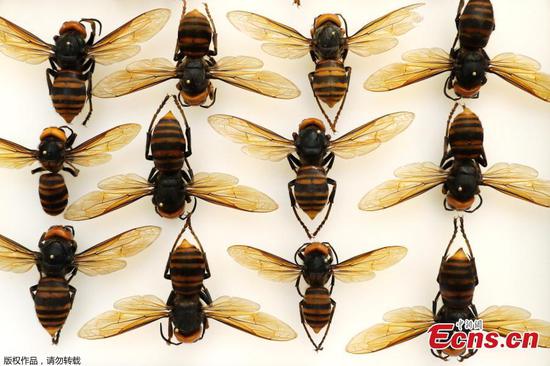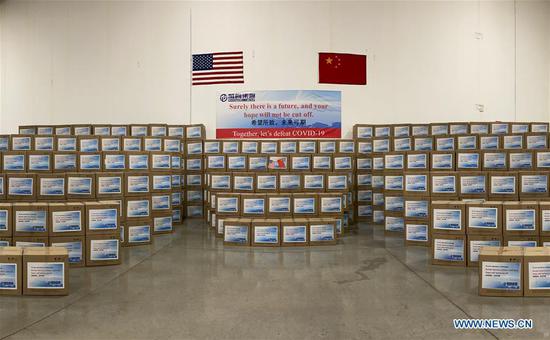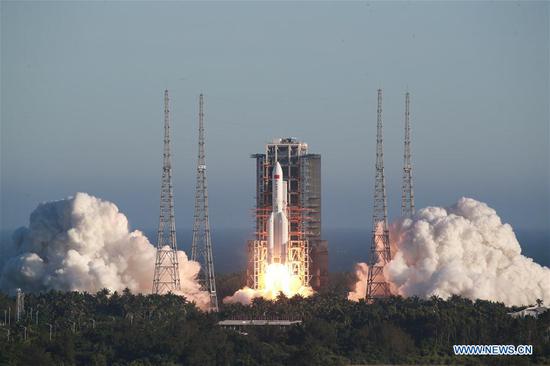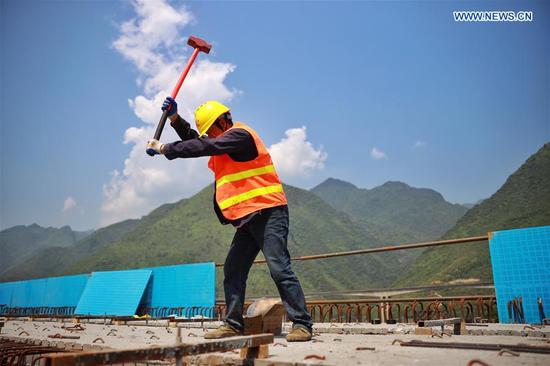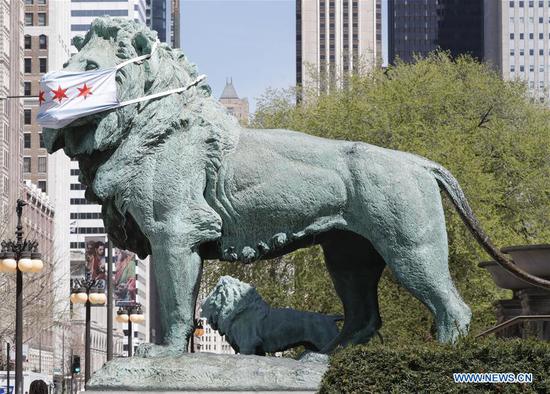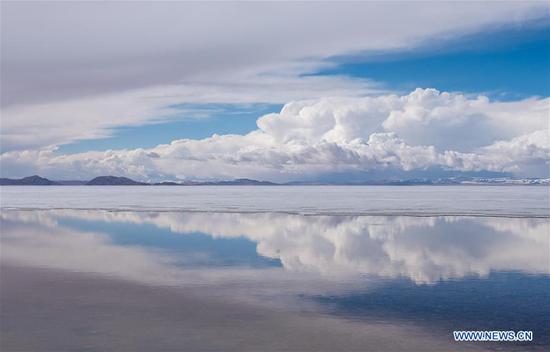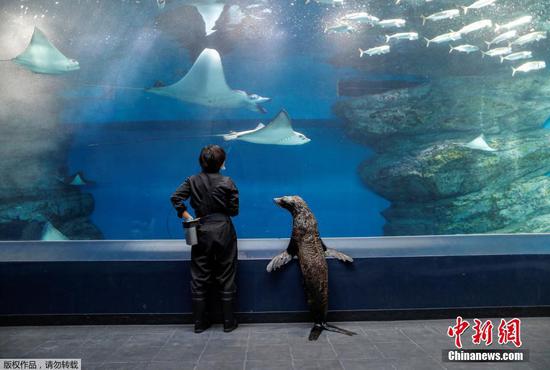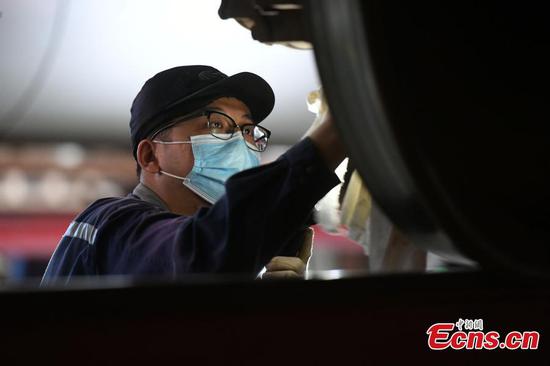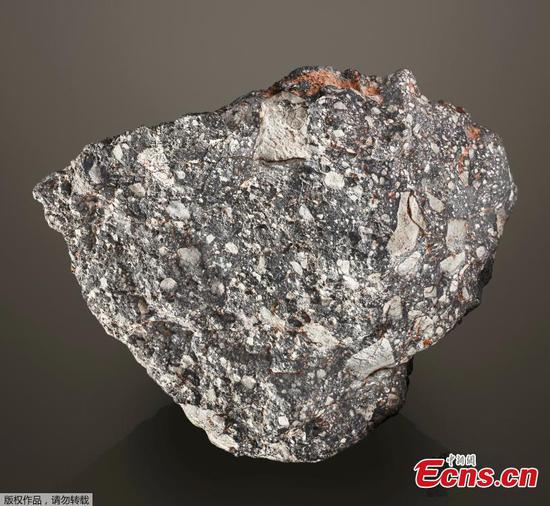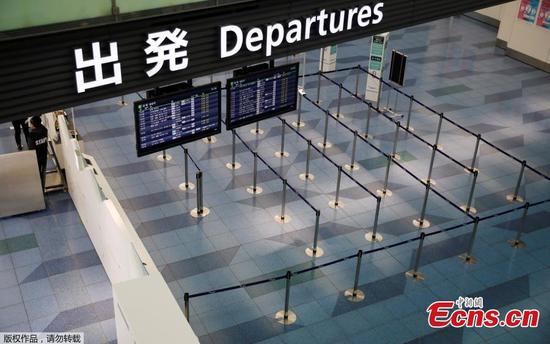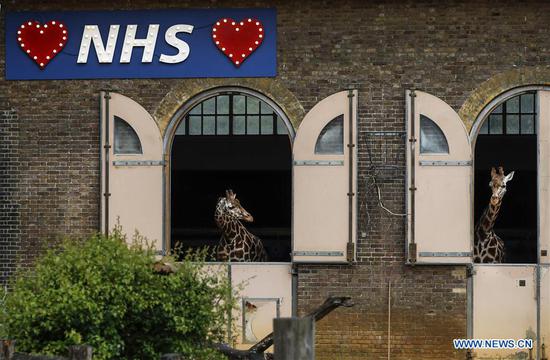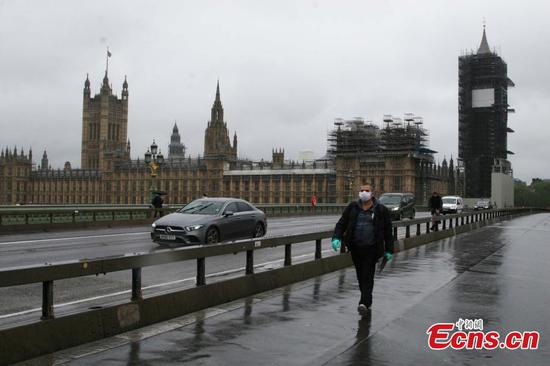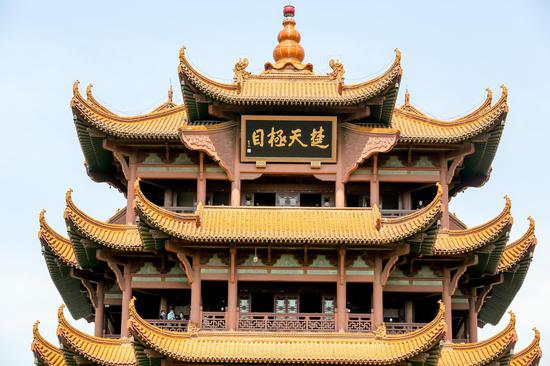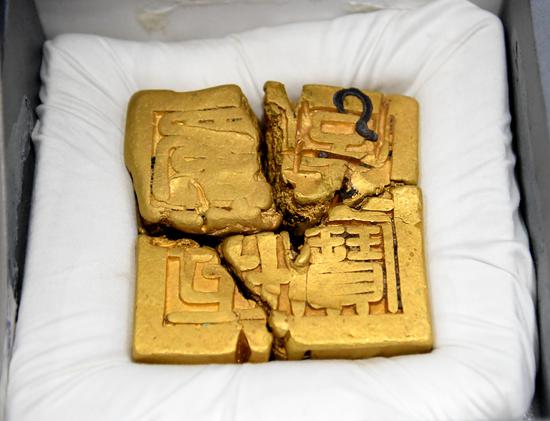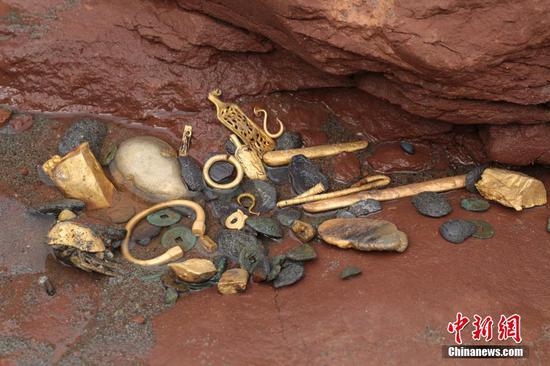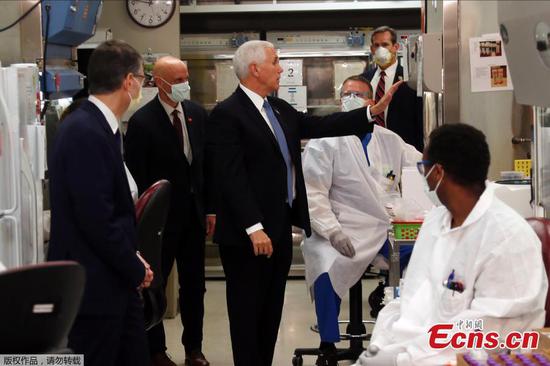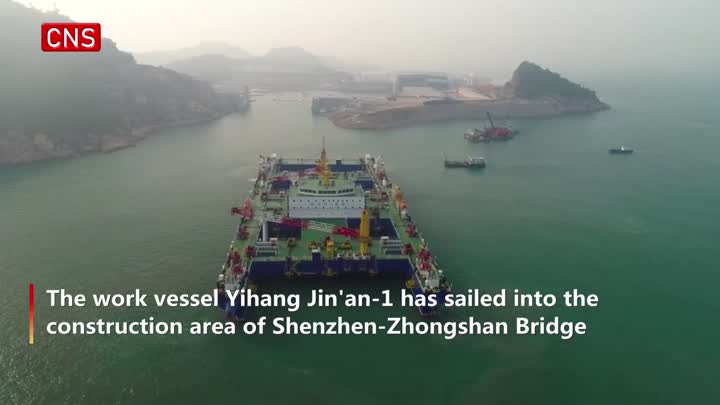The COVID-19 pandemic is a litmus test of character. While most people are caring for and helping each other during the global public health crisis, a few are callous enough to take advantage of the dire situation for their own agenda.
In a recent report by The New York Times, Stephen Bannon, a former White House chief strategist known as a living fossil of the Cold War, went to great lengths to smear China and sell his confrontational take on China-U.S. relations, even exploiting the raging coronavirus disease to alienate the Chinese government from the Chinese people and the world.
Bannon couldn't be more cold-blooded. It seems that he only views the ongoing global fight against the pandemic as a geopolitical game. Human lives do not bother him much.
Bannon couldn't be more ridiculous. In his eyes, a government that has waged a rigorous battle against a previously unknown disease to protect the life and health of its people, offered timely support to those in need of help around the world, and whose prevention and control efforts have won global recognition is a threat.
Bannon couldn't be more desperate. A long-standing far-right radical ideologue, Bannon is using every opportunity he can get to peddle his out-of-date zero-sum theories, without moral or humanitarian scruples whatsoever.
Sometimes, many may wonder whether Bannon still lives in the Cold War era and just travels from time to time to the future to scare people with his extremist ideas that belong to the waste bin of history.
Bannon is not the only mudslinger against China. U.S. Secretary of State Mike Pompeo and White House trade advisor Peter Navarro, with their own calculations, are also in the rank of habitual China bashers. As is shown repeatedly, and recently in the U.S.' response to COVID-19, if anything goes wrong, they just blame China.
However, no matter how hard they try, they will fail.
First, the Bannons have failed to comprehend that the world today is no longer divided into two rival camps along an ideological entrenchment, as in the Cold War years. Rather, the fate of almost everyone has become closely connected. The novel coronavirus pandemic has only exemplified that.
Sadly, the geopolitical thinking pattern has fossilized the minds of the Bannon band, and made them unable to see China's development in a rational way.
In their eyes, the United States is the world's natural leader, and anyone they deem a challenge or threat needs to be contained. In the old days, it was the Soviet Union and Japan; now, the target is China.
As Chinese scholar Xin Jiyan noted in her recently published book "Fake Fear: America and China Relations," "the hostility and isolation of the two countries during the Cold War decades hampered the Americans' understanding of China, leading to stereotypes that prevail to this day."
Secondly, the Bannons have failed to grasp that it is normal for two major countries in today's world to cooperate and compete at the same time.
Their "decoupling" theories only serve to do both countries more harm than good. The temporary disruptions to the global supply chains amid the epidemic have to some extent staged a drill of a worldwide economic and trade decoupling, which produces nothing but chaos and the possibility of a global recession. The sober minds in the White House will not miss those monumental risks.
Also, the epidemic has actually provided new opportunities to broaden China-U.S. cooperation, notably in the health sector. This is not only in the interest of China and the United States, but also conforms to the common expectation of the whole world.
Last but not least, the fact that the Bannons are getting ever more agitated shows that they are increasingly frustrated by the advantage, vitality and potential of the Chinese nation and the country's unique governance system.
China's development is unstoppable. Its readiness to join other nations, including the United States, to promote peace and stability worldwide, is undeniable. The ultimate failure of the Bannons' fringe dogmas will be unavoidable.
During a telephone conversation with his U.S. counterpart Donald Trump last week, Chinese President Xi Jinping said China-U.S. relations are now at an important juncture, and that both will benefit from cooperation and lose from confrontation. Xi also urged the two sides to work together to boost cooperation in epidemic control and other fields, and develop a relationship of non-conflict, non-confrontation, mutual respect and win-win cooperation.
It is therefore important for both sides to ward off the disturbance of the Bannons, and jointly steer arguably the world's most important bilateral relationship in the right direction.











